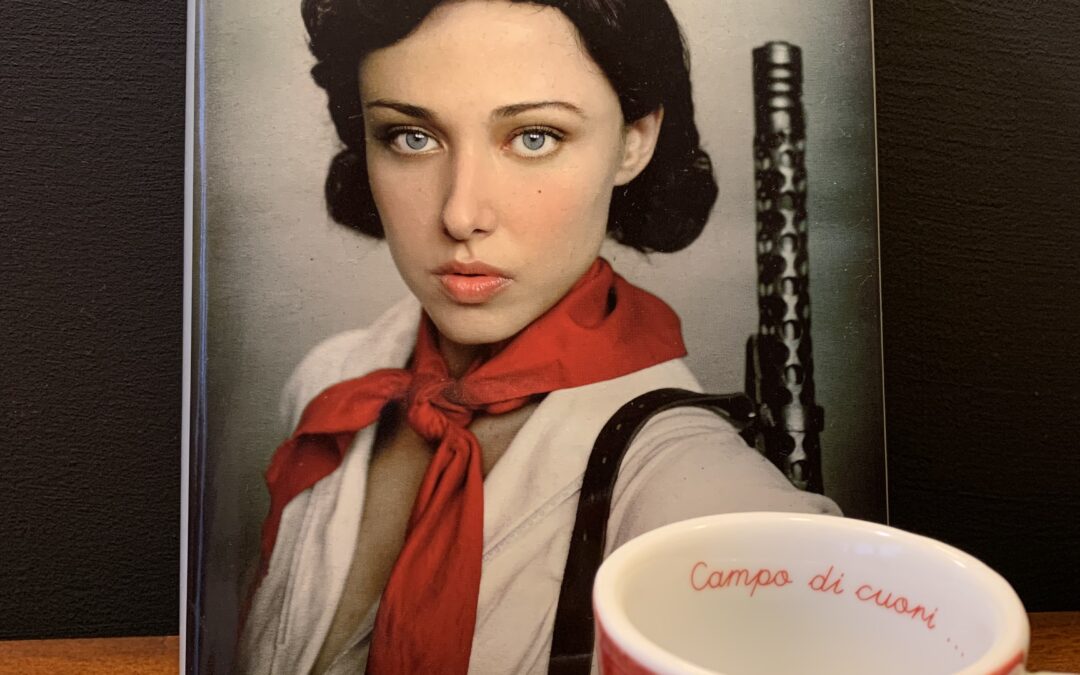
MY SOUL IS WHEREVER YOU ARE
My soul is wherever you are is a striking phrase.
These words, uttered by a character in the story told, give the title to the book written by Aldo Cazzullo published by Mondadori.
More precisely, the full title is: My soul is wherever you are. A crime, a treasure, a war, a love.
A crime … as you know very well by now, I love reading books about crimes and once again I thank Monica for this read.
But if at the beginning the chapters chase each other along two parallel lines: time and investigation, soon the murder itself loses relevance compared to the story which, from a blurred background position, page after page becomes the protagonist.
A crime, a treasure, a war, a love.
War, as we know, is total destruction, and even in this case it annihilates humanity by provoking behaviour that nothing and no one will ever be able to erase.
So can my soul is wherever you are become a damnation?
While waiting for you to tell me your interpretation, I want to add that although the setting is Piedmont, I found myself reading a story that is the same story I heard as a child and that has always stuck with me: greed has the power to bring together people with completely different ideals.
Here then is the purpose of the treasure.
Can you tell me of a treasure that has enriched you in a positive sense instead?

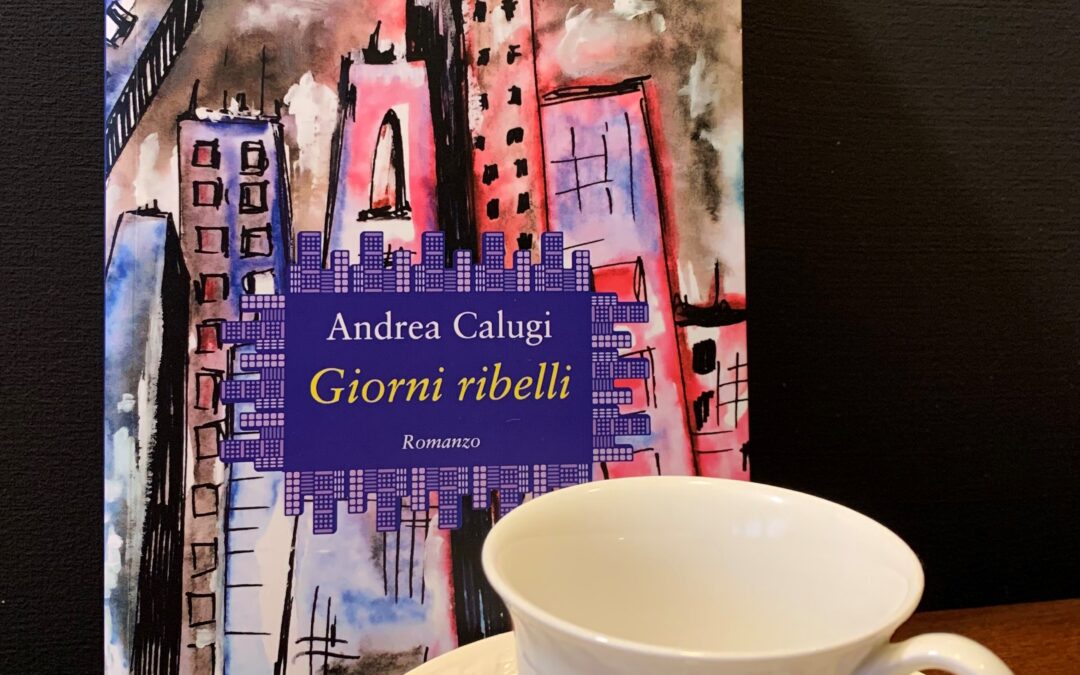
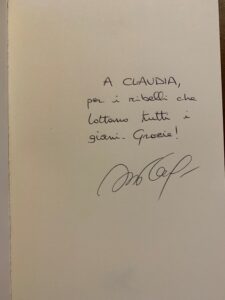
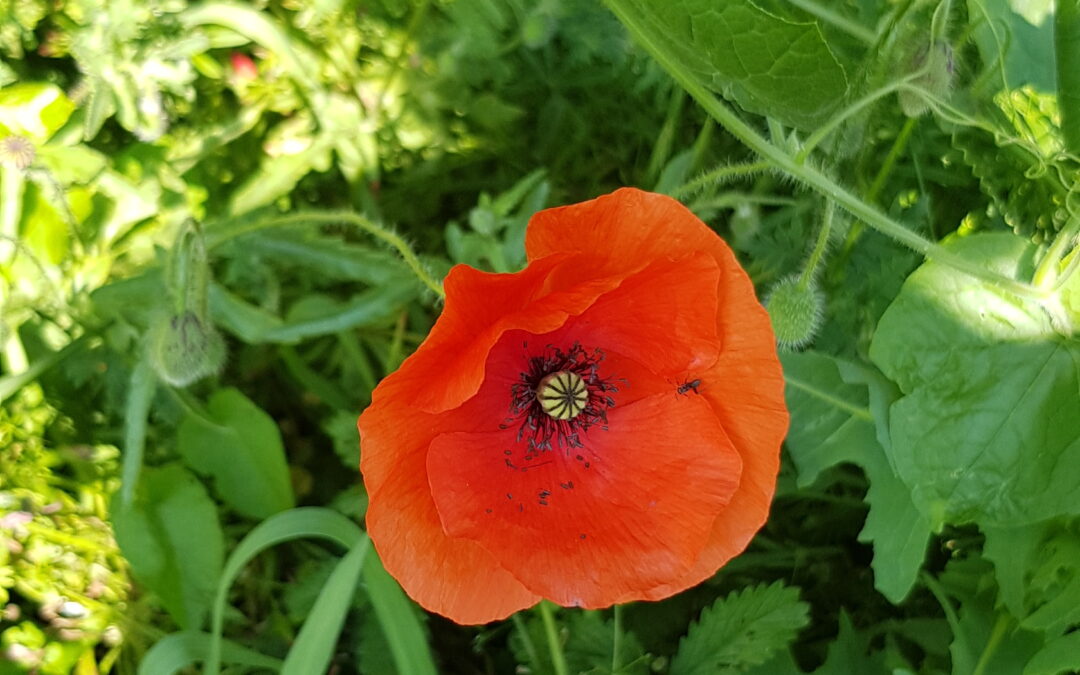
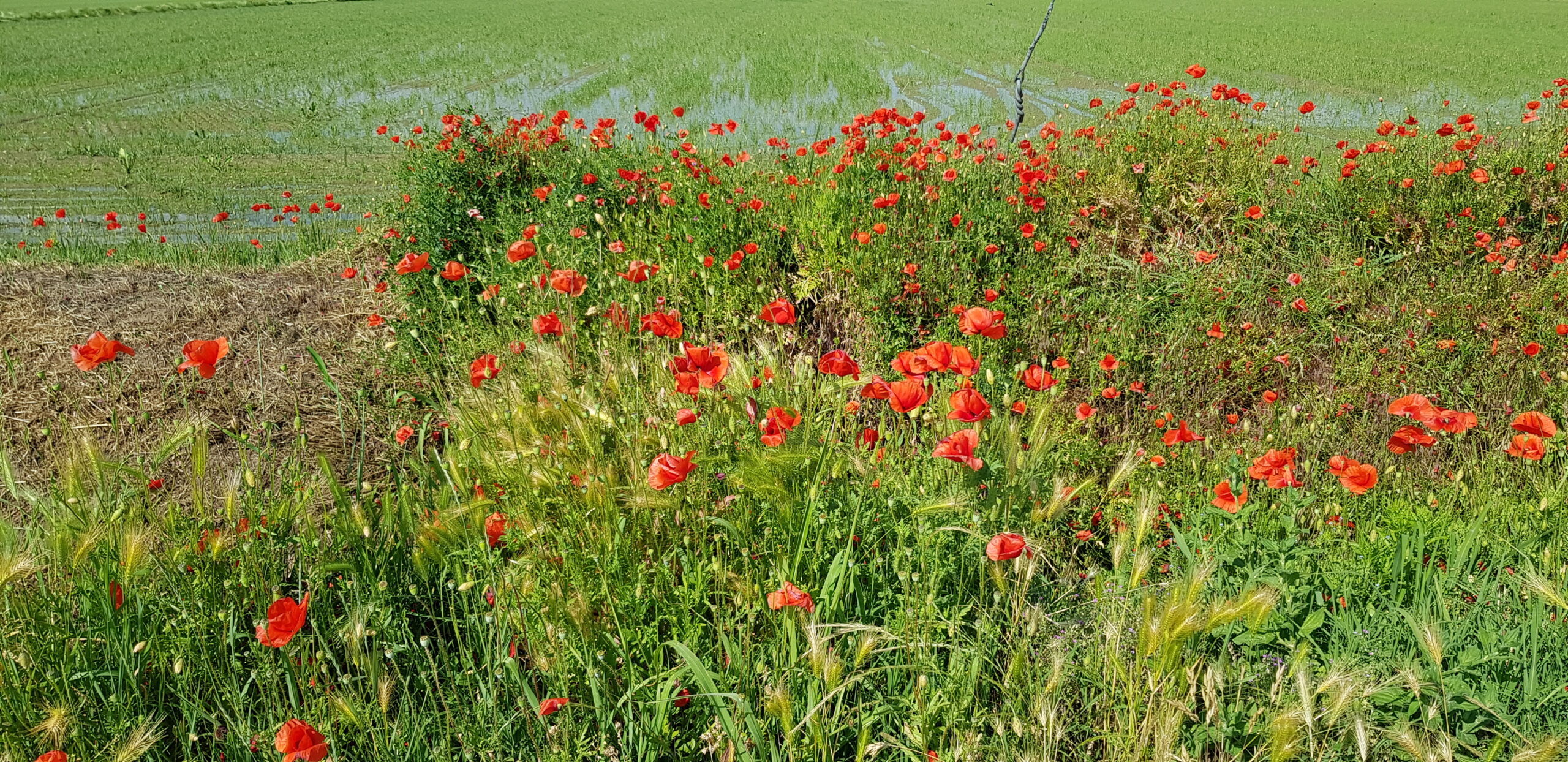
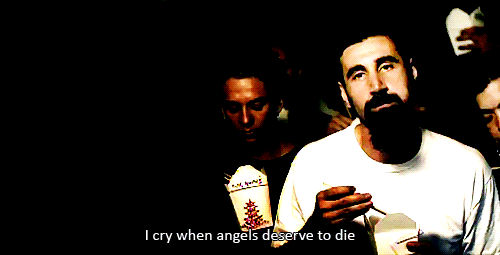
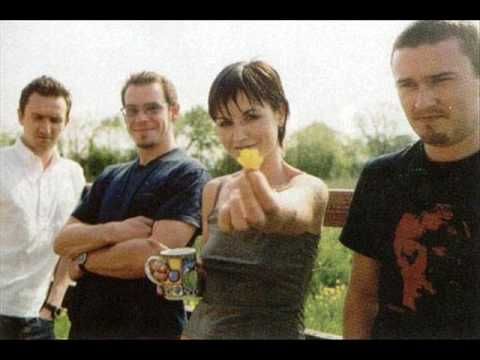

 Hi I'm Claudia and this is KCDC.
Hi I'm Claudia and this is KCDC.




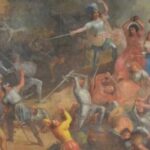
LATEST COMMENTS